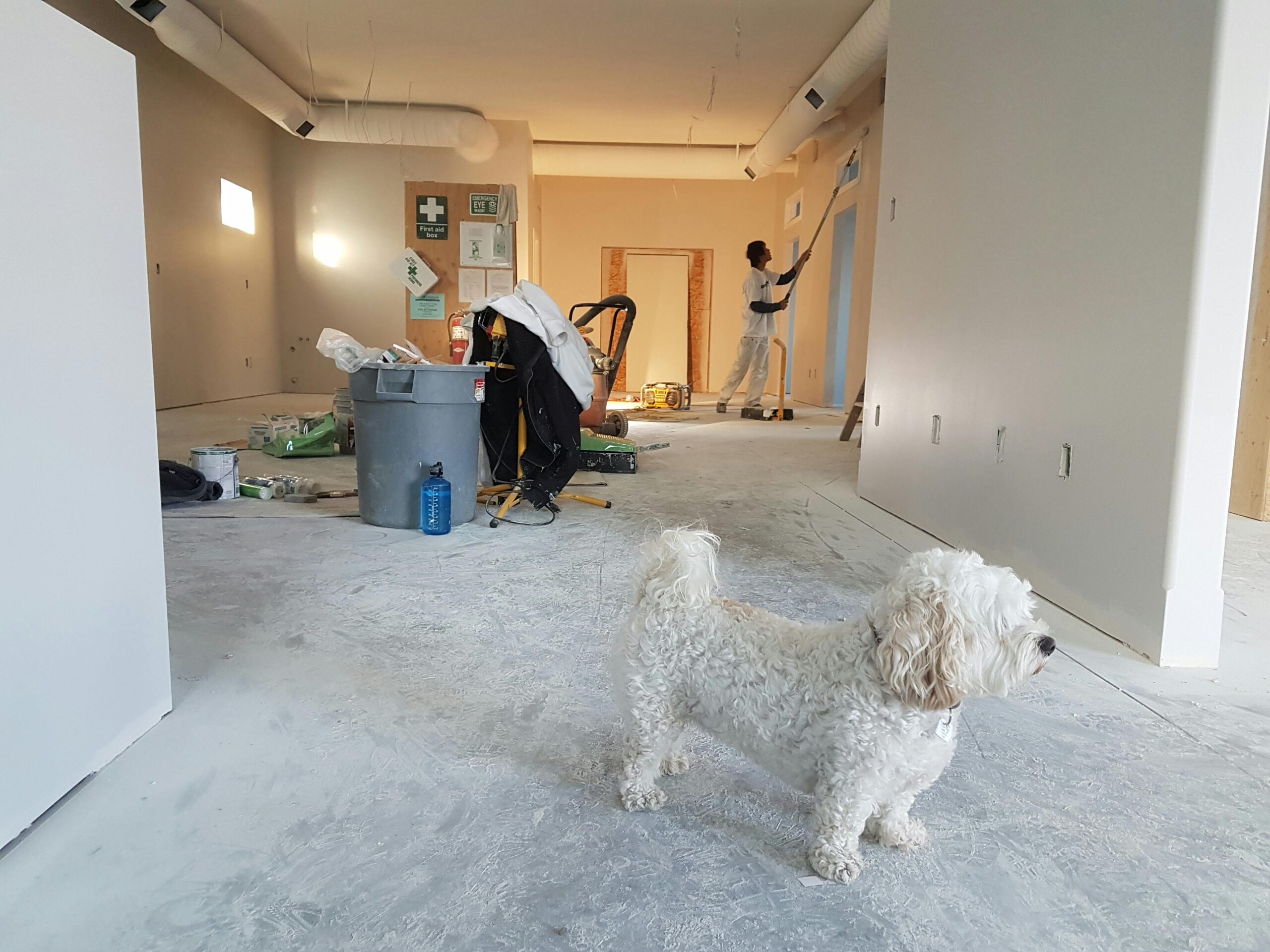Renovating your home can be not only a way to make your space more comfortable and aesthetically appealing, but it can also be a great opportunity for you to contribute positively to the environment. By choosing eco-friendly materials for your renovation project, you are investing in a sustainable future. This article will guide you through some of the best eco-friendly materials you can include in your renovations.
Eco-Friendly Paints
Switching to environmentally-friendly paint is one of the easiest steps you could take in making your renovation green. Conventional paints often contain Volatile Organic Compounds (VOCs), which contribute to air pollution and can trigger respiratory problems among other health issues. Eco-friendly paints, on the other hand, have low VOC content or are completely VOC-free. These paints perform just as well as traditional paints, and by using them you are taking a step towards making your home safer and healthier.
Reclaimed Wood
When considering materials for your flooring or cabinets, reclaimed wood can be an excellent eco-friendly choice. This type of wood comes from old barns, factories, or warehouses, and using it prevents these materials from ending up in a landfill. Reclaimed wood adds character to your home with its unique patterns and colors that are hard to replicate with new wood.
Bamboo Materials
Bamboo is another fantastic green material to use in an eco-conscious renovation. This fast-growing plant regenerates very quickly compared to trees, drastically reducing the negative impact on forests. Strong and durable Bamboo can replace traditional hardwood for various purposes such as flooring or cabinets.
Cork Flooring
If you want soft yet resilient floors for your home, cork could be the perfect solution. Harvested from live cork oak trees without causing any harm, cork is a renewable resource that offers distinctive aesthetic qualities. Its insulation properties also improve your home’s energy efficiency.
Recycled Metal
Reducing waste is an important part of an eco-friendly renovation, and using recycled metal can significantly help with this. These materials are durable and require less energy to produce than virgin metals. You can use them for your roof, gutters, or even interior décor.
The World of Linoleum
Unlike vinyl flooring, linoleum is made from natural materials like linseed oil, cork dust, tree resins, and various pigments. Linoleum floors are hypoallergenic, biodegradable and appeal greatly to the eye. A more sustainable choice compared to synthetic alternatives.
Natural Insulation
A key element of any energy-efficient home is proper insulation. Wool and cellulose provide excellent heat regulation while being sourced in a way that benefits the environment. Using these natural materials will help cut down your heating costs while reducing carbon footprint.
Solar Energy Systems
Incorporating solar power into your renovation plans could prove advantageous for both you and the environment. Solar panels generate electricity by converting sunlight into usable energy. This energy source reduces reliance on fossil fuels, helps lower electric bills and increases property value.
Low-flow Water Fixtures
By choosing low-flow water fixtures you can drastically cut down on water consumption in your home. This doesn’t only save precious resources but also translates into substantial savings on your water bill. More information on different types of fixtures and technical aspects of installing them can be found at renovation express.
Composite Decking
Composite decking is an environmentally responsible alternative to traditional wood decking. It is made from reclaimed wood and recycled plastic, providing durability and a great look without the need for stain, paint or sealant.
Eco-Friendly Windows
Energy-efficient windows reduce energy loss and contribute to maintaining comfortable indoor temperatures. Utilizing double pane or thermal windows helps retain heat during winter and keep your home cool in summer, consequently lowering your energy bills.
Energy Efficient Appliances
The seemingly simple switch to energy-efficient appliances can have a significant impact on your carbon footprint. Appliances with the Energy Star certification consume less water and electricity than their counterparts, helping you preserve resources and save on utility bills.
Sustainable Countertops
Last but not least, when renovating your kitchen or bathroom consider installing sustainably-sourced countertops. Recycled glass, reclaimed wood, steel or concrete are among the many materials that could be of use here. Sustainable countertops not only reduce waste but also add visual appeal to your space.
Wrapping Up Benefits
As we have seen, incorporating eco-friendly materials into your renovation is much simpler than it might seem at first glance – and the benefits are immeasurable. These green materials contribute to the preservation of natural resources, cut down on pollutants and other harmful wastes as well as provide a healthier living environment for you and your family. Clearly, sustainable renovations are more than just a trend; they represent an important shift towards environmental consciousness in the way we design our living spaces.

